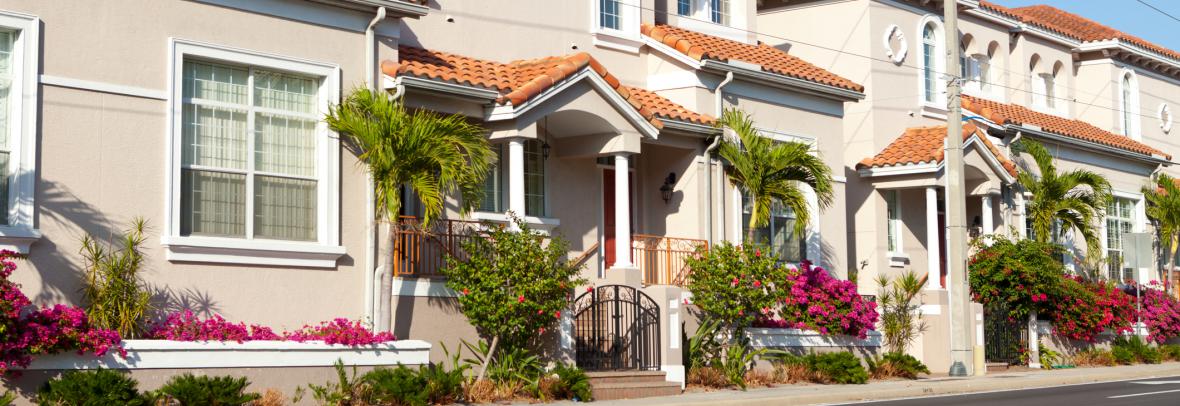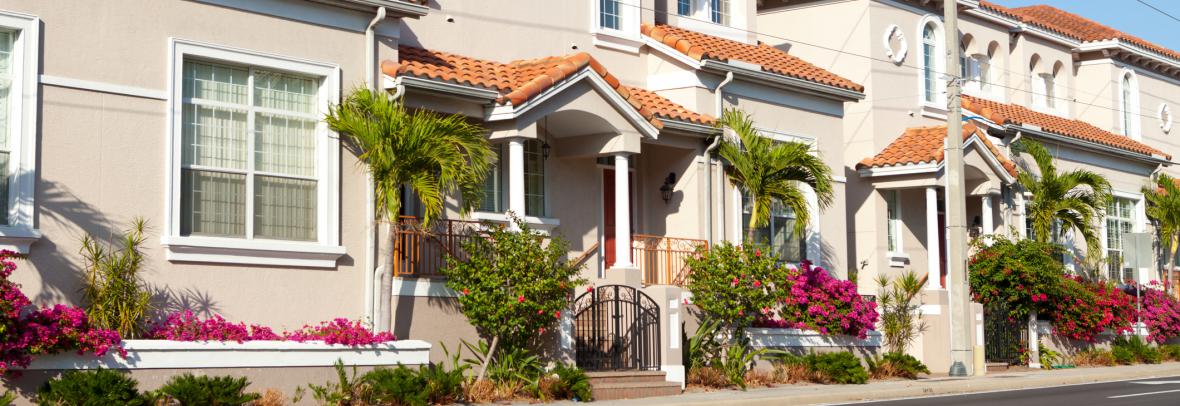
Study: A 20-city analysis found that downsizing to a smaller home can save retirees almost $200K over 10 years, assuming adult children have left the nest.
OMAHA, Neb. – Of the moves you can make heading into retirement to shore up your finances, actually moving might be the biggest win.
An analysis of housing costs and property taxes in the 20 largest metro areas estimates the average savings from downsizing is nearly $200,000 over 10 years. If the kids are finally launched into adulthood, parents looking to shore up their finances should give some serious thought to what they might be able to achieve by moving to a smaller home.
StorageCafe analyzed the price difference between two-bedroom and four-bedroom homes, factored in the costs of buying and selling (commissions, moving, etc.) if someone made that move, and what the differential would be in property tax owed on a less expensive home. In the 20 largest metro areas, the average savings was $194,000. Where downsizing nets the most – no surprise – the biggest net savings are in the priciest markets.
San Franciscans willing to go a bit smaller could save an estimated $407,000 over the 10 years. Most of it is from the price differential in a bigger vs. smaller home – nearly $1.6 million on average for a four-bedroom home, and around $1 million for a two-bedroom. The tax savings would be an additional $28,500. After closing costs of nearly $157,000, that nets to an estimated downsizing win of $407,000.
In the San Diego metro area, the net savings is nearly $265,000. In the Los Angeles metro areas, the 10-year savings is $240,000. Seattle is the fourth-biggest win, with a downsizing savings of nearly $235,000. Miami and Boston clock in with savings of more than $230,000. The New York City metro area, Detroit and the Washington, D.C., metro area all could deliver estimated downsizing net gains of more than $200,000.
The only big metro area with a downsizing win of less than $100,000, the most modest gain from downsizing, is in the metro Phoenix area. The estimated average 10-year savings is around $93,000.
The remaining 10 biggest metro areas (Philadelphia; St. Louis; Dallas; Riverside-San Bernardino, California; Chicago; Denver; Tampa-St. Petersburg, Florida; Houston; Minneapolis; and Atlanta) have estimated downsizing gains of between $107,000 and $194,000.
The analysis is likely on the conservative side, as it didn’t factor in potential savings from lower utility bills. Nor does it consider the potential gains from taking any savings from the actual move and investing it. Or earmarking the savings to help you pull off another valuable retirement move: having the high-income earner in a household delay starting Social Security until he or she reaches age 70. That ensures the biggest possible benefit. If you retire in your 60s, you can still delay taking Social Security, knowing you’ve got this pot of money to tap if you decide you don’t want to keep working part time through your 60s.
This analysis seems to deliver a pretty obvious financial incentive to consider downsizing your home sooner than later. Of course, there’s the hurdle of letting go of the home you raised the kids in. And accumulated so many memories in. And then there’s the internal conversation you’re having with yourself right now: What about hosting family gatherings with the grandkids (to be)?
Deep breath. Your family will still gather at your smaller home. They just might stay in a hotel or Airbnb nearby. Before you think that will be so disappointing for them, ask them. But ask them the right question. Not what they think about you moving to a smaller home, but what do they think of you shoring up your retirement security? Because that’s what this move gives all of you. (If you don’t think your adult kids worry about the logistics, safety and cost of helping a much older you, you’re selling them way too short.)
Moreover, this move in your 50s and 60s gives you an ideal time to set yourself up for a successful retirement. You can think through all the elements of a home that will be kind to an 85- or 90-year-old you. No stairs (or fewer). Less maintenance. Maybe closer to town, so getting out and socializing is easier and not dependent on you, or your friends, needing to drive on the highway.
There’s tremendous upside to downsizing before you retire.
Copyright © 2021 Omaha World Herald
Go to Source
Author: kerrys



